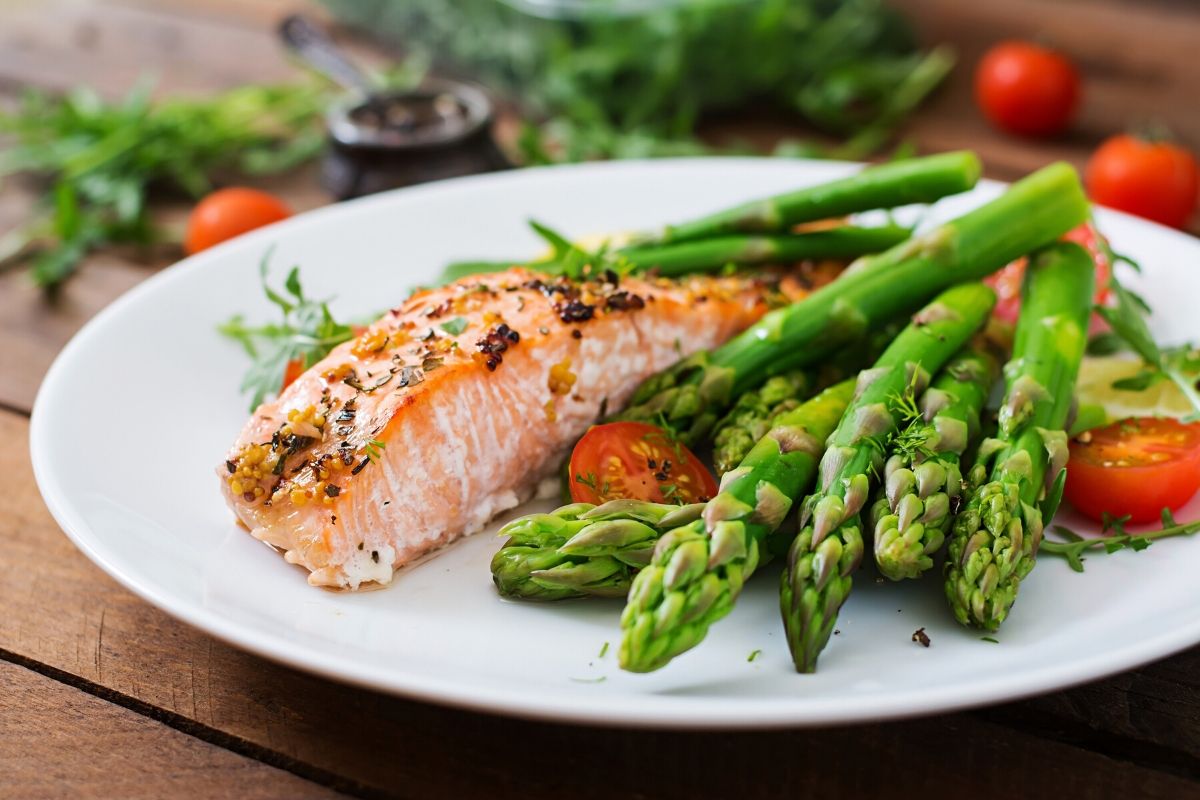Good gut health and your mental health
As recent research has shown, there’s significant evidence to demonstrate a link between good gut health and a healthy, happy mind. Essentially, what we are feeding our bodies not only contributes to our physical health and appearance but it also has a huge influence on brain functionality, brain health and mood.

Serotonin, a chemical nerve cell also known as ‘the feel-good hormone’ helps to regulate mood, enhance social behaviour and is essential for transmitting ‘happy signals’ throughout the body, aiding good mood. Although serotonin isn’t found in food, we can find the essential amino acid, tryptophan, which makes serotonin.
While you won’t be able to eat bags of serotonin, tryptophan is naturally occurring in many food groups. This amino acid creates the essential B vitamin, niacin, which is vital in producing serotonin. Gut health is essential not only for general health and well-being but also for the production of serotonin – the majority of this ‘feel-good hormone’ is produced here.
Probiotics and prebiotics
Good gut bugs and live bacteria (probiotics) and their food (prebiotics) contribute to stabilising the gut and rebalancing the good bacteria vs bad bacteria count. The good bacteria found in our gut can be upset by medication, especially antibiotics, as well as lack of sleep, increased stress and high levels of salt consumption. Aside from food intolerances and allergies, often the levels of good bacteria in our gut can be managed by diet.
In order to manage a healthy gut, we’ve listed six quick and easy ‘good gut foods’ (all high in tryptophan), that you can introduce into your diet.

6 Foods to put you in a good mood
Tempeh
An alternative meat product, tempeh is made from fermented soy, an excellent source of probiotics. As far as healthy gut foods go, fermented foods are the least expensive and best performers, containing millions of good bacteria. From sauerkraut to yoghurt and miso, tempeh is by far our favourite.
Offering a high count of protein, tempeh has also been known to reduce the risk of oxidative stress, an imbalance between free radicals and the body’s lack of ability to neutralise these through antioxidants.
Salmon
Our brains are made up of 60% dry weight (fat) and half of this is omega-3. Omega-3 is directly related to keeping brain cells flexible so the neurotransmitters can transfer messages effectively – essential for serotonin – throughout the body. Having just one portion of salmon a week will fulfil your body’s need for its omega-3 intake.
Spinach
This all-round good green contributes in a surprising way to maintaining our gut health. Researchers in the UK and Australia found that when consumed, spinach deposits significant amounts of the enzyme sugar sulfoquinovose (SQ) in the colon. Once in our colons, SQ provides surplus food for the good gut bacteria, encouraging a healthy gut.
Seeds and nuts
All nuts and seeds are naturally high in tryptophan levels and help to keep your blood sugar level stable. Just a handful a day is enough to boost your tryptophan intake, helping to reduce risks of cancer and heart disease.
Lentils
This versatile legume contributes to a healthy gut in a variety of ways as they’re not only a great source of prebiotic, helping to feed our existing gut bacteria, but they also contain a high count of soluble and insoluble fibre, which ferments in our colon. Lentils are a great source of magnesium, strongly linked to reducing feelings of anxiety thanks to its ability to relax muscles.
Pineapple
Naturally high in water and fibre, pineapples are effective in preventing constipation and ensuring a regular, healthy digestive tract. Unlike other popular fruits, pineapples are high in the naturally occurring enzyme, bromelain, an anti-inflammatory which has been linked to the prevention of cancer and tumour growth.
Want to know more? Read 6 steps to health your unhealthy gut by Christine Bailey.

Find a nutritionist dealing with Nutrition and mental health
All nutrition professionals are verified





